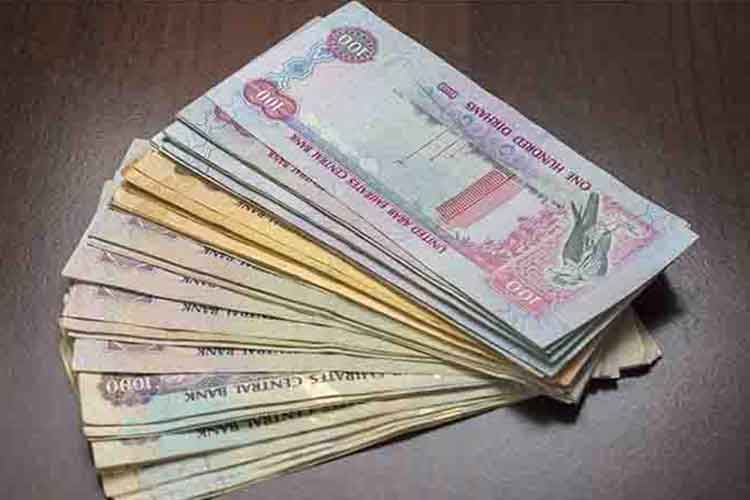1. Saving
Many expats find saving money one of the hardest things to do. The best way to save is as soon as you receive your income transfer a portion to a savings account. Most banks have the option to automatically transfer a set figure of your income into a saving scheme established within your account.
"Save at least 10 percent of your income before you start off your expenses for the month. Automate this using your bank’s services."
2. RentAccording to various sources, at least 40 percent of our income in Dubai goes towards rent and utilities (DEWA). If you are paying more than this, you might need to reconsider your living arrangements. Studios and one-bedroom apartments are the most common living choices for smaller families while bachelors tend to opt for shared accommodation, which in some cases can be over-crowded and illegal.
"Spend no more than 40 percent of your total income for rent and utilities."
3.TransportOwning a car in Dubai is easier and more affordable than some countries. However, when you add parking charges, maintenance, and traffic jams, taking a car everywhere might not be the best option. The metro connects most areas of the city and this is often a sensible choice once you compare the fuel, parking and time costs. (If you use the car a lot, consider taking RTA parking cards instead of temporary vouchers. The two types are: A (annual fee - Dh4,500) and B (annual - Dh2,400). You can also get cards on a three-month (A: Dh1,400, B: Dh700) or bi-annual (A: Dh2,500, B: Dh1,300).)
"If you are spending more than 10 percent of your income on transport related expenses, revise your options."
4.Credit cardsYou do not need to have more than one credit card. The more credit cards you have, the more the false sense of purchasing power. Paying back your minimum balance of credit card bills can mean almost 70-80 percent in financial service fees charged by the banks, bringing no reduction to the principal amount.
For example, for many banks, even if you have just Dh100 pending on your bill statement, they charge 2 percent of your credit limit as fees. If your credit limit is Dh15,000, that fee comes up to Dh300 which is three times your actual outstanding balance.
Use cash or your debit cards wherever possible which will put a limit on how much you can purchase. If you use a credit card solely for regular shopping like groceries, automate complete repayment in the same month. Request from your bank a lifetime-free credit card which has no annual renewal fees.
"Have a rule to not use your credit card for purchases below Dh1,000 and if you do so, request for no-interest installment payment schemes."
5. MealsLunch from your company canteen and nearby restaurants is not necessary if you can whip up a cold salad of vegetables and chicken, eggs or fish for lunch. Cook dinner at home and take the leftovers for lunch the following day.
"The best time to cook is the weekend, keeping food frozen which can then be heated up as and when required during the week."
6. Dining outWith the variety of dining options available in Dubai, it is easy to order in or dine out every single day. This will significantly add to your monthly food expenses as well as your quota of weight and health related issues. Try local eateries which offer great food at reasonable prices.
"Spending more than 10 percent of your income on eating out is not a wise option. Dine out once in a fortnight or once in a week."
7. Grocery shoppingA lot of grocery shops and supermarkets have offers running at some time or another. Get a shopping card for your nearest supermarket which is free and will give you access to great deals.
Buy your fish from the local fish markets rather than supermarkets to get fresh produce at great rates.
"You can cover your food shopping expenses with not more than 15 percent of your monthly income."
8. School feesSchool fees continue to be one of the biggest expenses for many residents. In many cases, expats leave their children in their home countries because they can't afford basic school fees. Fees can range from Dh12,000 to more than Dh100,000 on an annual basis across various grades and curriculums.
"If not covered by employers, paying above 15 percent of your monthly income on school fees can cripple you in the long run."
9. Airplane ticketsMost families go on their vacations as per school schedules while new parents, couples and bachelors have no such restriction. Most ticketing websites offer seasonal promotions or limited deals which you can take advantage of in case you don't have a fixed vacation plan every year.
"Plan your vacations well in advance and fly on non-peak days of the week. We have found Tuesdays to be cheaper than the rest. Try changing your landing destination in the UAE to avail better deals."






